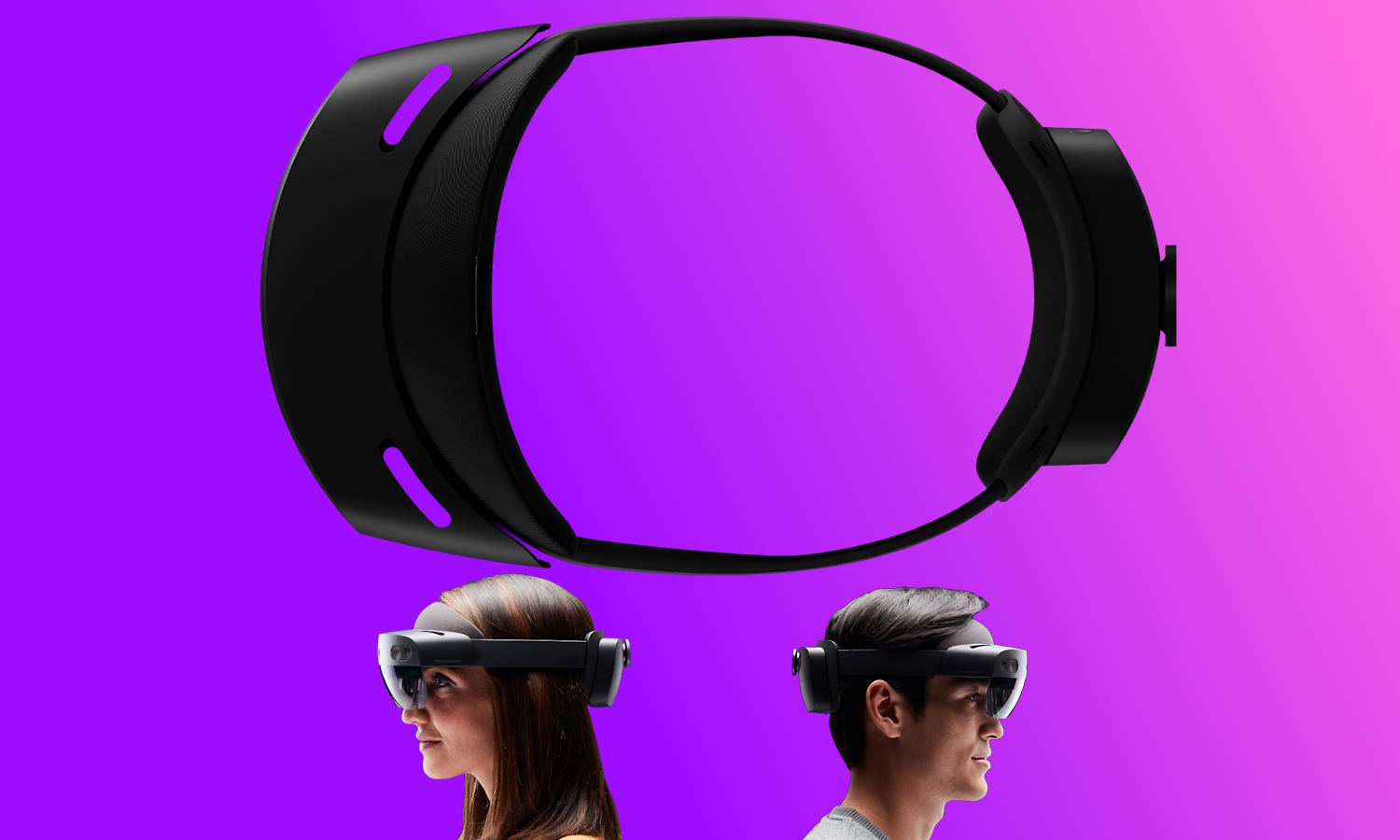
Microsoft is killing off HoloLens 2 with no successor planned
Anyone who wants a HoloLens 2 will need to act fast if they are to get their hands on one. Microsoft has confirmed that production of the augmented reality headset has ended in what will be seen by many as something of a mercy killing.
After eight years and two models, Microsoft has seemingly given up on HoloLens. Once current stocks run out, the second-hand market will be the only way to get hold of one, and there are no plans for a follow-up device.
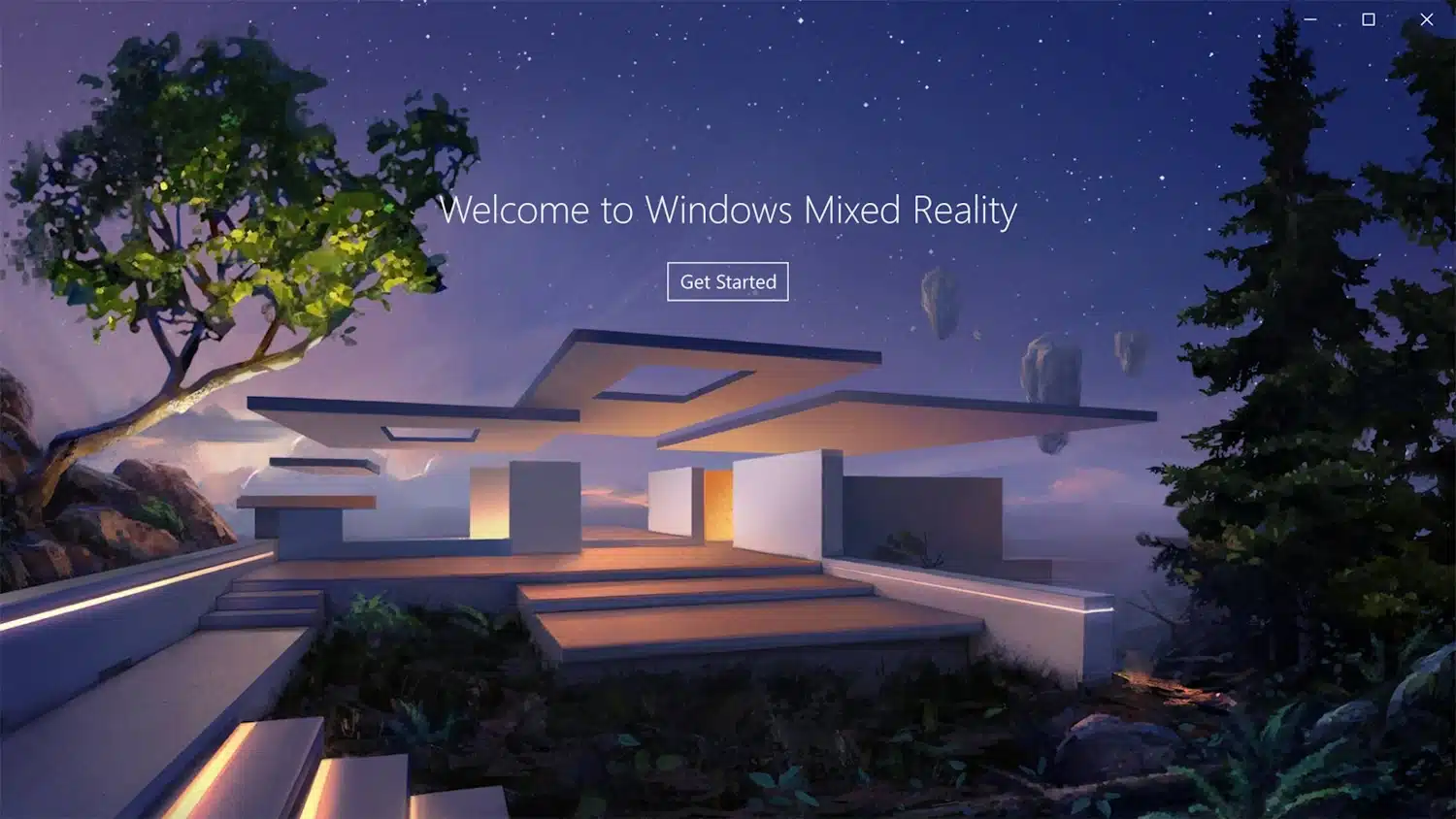
Windows Mixed Reality is the latest for the chop as Microsoft ditches VR in favor of AI
In a move that will -- or at least should -- surprise very few people, Microsoft has announced that it is dropping Windows Mixed Reality. It will be removed from a future release of Windows.
Having already apparently given up on its HoloLens range, Microsoft appears to have come to the same conclusion that many reached some time ago: VR and augmented reality were phases that people have simply lost interest in. With the company now heavily invested in AI, it will no doubt be hoping that this is something that remains popular for rather longer.
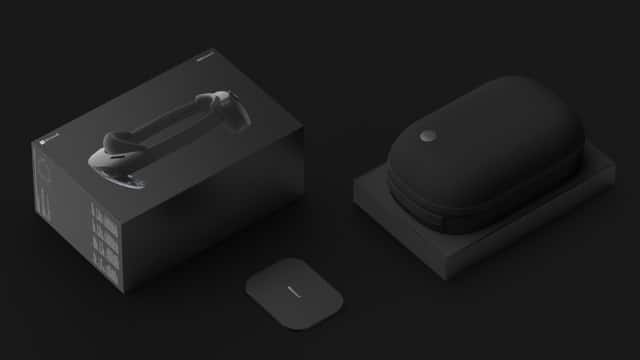
Microsoft will release HoloLens 2 in September
Microsoft is due to launch the second edition of its augmented reality headset next month. HoloLens 2 will go on sale in September, according to the executive vice president of the company's artificial intelligence and research group, Harry Shum.
Shum was speaking at the World Artificial Intelligence Conference in Shanghai when he made the revelation, finally bringing to an end speculation about when the device will see the light of day.

Microsoft wins $480 million military AR contract -- US Army could purchase 100,000 HoloLens headsets
The US Army has revealed that Microsoft has won a contract worth $480 million to supply prototype augmented reality equipment. The deal could see the Army purchasing 100,000 HoloLens headsets from the company.
Microsoft says the deal is an extension of its existing relationship with the Department of Defense. The company has previously faced criticism from its employees for bidding for military contracts, but it responded by saying it believed that those defending the US should have access to the best technology. Winning this latest contract -- the aim of which is to "increase lethality by enhancing the ability to detect, decide and engage before the enemy" -- is likely to face similar criticism.
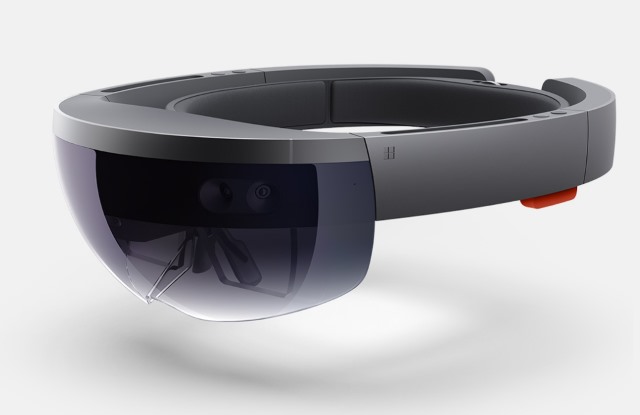
Microsoft designed its own AI chip for the next HoloLens
HoloLens 2 is in the works, and Microsoft has revealed that the second version of its mixed reality headset will feature an AI chip. The company has turned to custom silicon when it comes to bringing artificial intelligence to HoloLens, but while Microsoft has designed the chip, it is manufactured by a third party.
Speaking at the Computer Vision and Pattern Recognition conference Harry Shum, executive vice president of Microsoft's Artificial Intelligence and Research Group, said the second version of the Holographic Processing Unit (HPU) will feature the AI chip so processing can be carried out onboard rather than in the cloud.
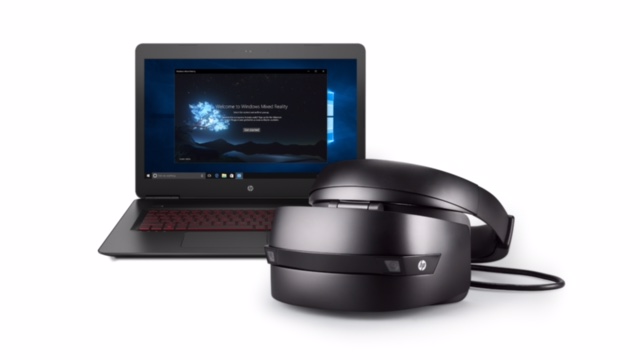
Build 2017: Microsoft bringing mixed reality to all with new affordable headsets and motion controllers
Microsoft has been working on its vision of mixed reality for a while. It first showed off its HoloLens headset two years ago, and then debuted a developer edition last August, but sales weren’t great, not least because it came with a $3,000 price tag.
Microsoft said at the time that the best, and cheapest, HoloLens VR headsets would not be made by itself, but by third-party hardware developers, and today at Build it announced the first of these headsets, as well as Windows mixed reality motion controllers -- no markers required. If you’ve been excited to try Microsoft's implementation of augmented reality for yourself, the wait is nearly over.
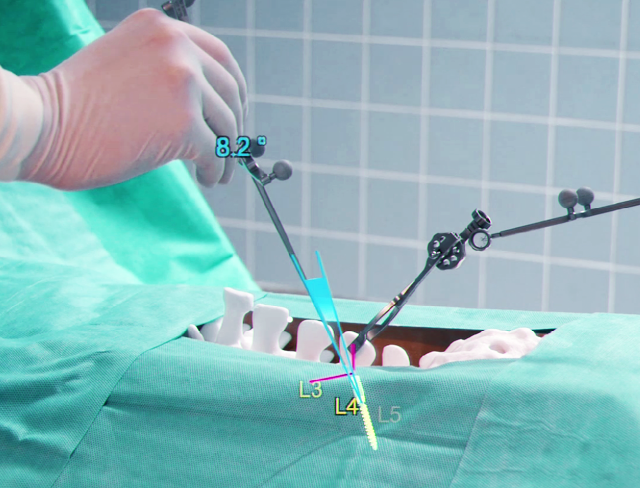
Microsoft HoloLens can improve surgery
Augmented reality is an impressive technology with a big future. While there are many demos surrounding AR and mixed reality, and despite some limited real-world use, it is still largely a promise at this point. In other words, the maturing technology is hardly in the mainstream, and many of its current uses are arguably inconsequential.
Today, however, augmented reality is being shown to potentially have a significant impact on the medical community. You see, a company called "Scopis" has developed a surgery solution that leverages Microsoft HoloLens. By wearing the mixed reality glasses, the surgeon sees an overlay, allowing him/her to achieve better accuracy. This, in turn, can improve the success rate of certain surgical procedures. In this case, the focus is largely on the spine, but it could be made to work with any type of surgery.
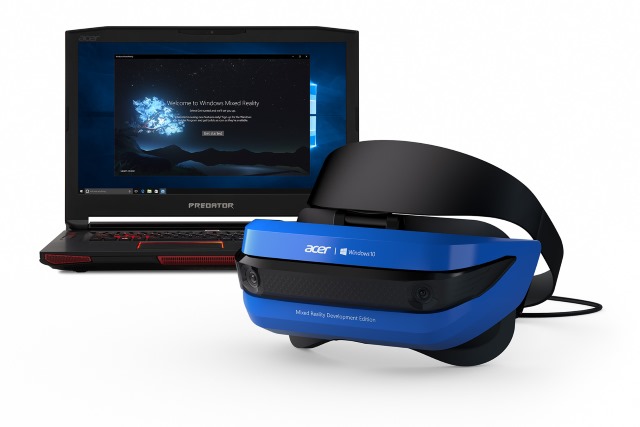
Microsoft renames Windows Holographic to Windows Mixed Reality as dev kits start to ship
It seems like a little while since we heard anything about Windows Holographic, and that's not something that's going to change any time soon. Microsoft is not killing off the project (and HoloLens lives on), but has revealed that it is now going under a new, more descriptive name: Windows Mixed Reality.
The company says that the change of name is a reflection of the fact that there is a broader vision for the platform. It also helps to convey the idea of virtual-reality-meets-augmented-reality that Windows Holographic/Windows Mixed Reality represents. Microsoft also says that the Acer Windows Mixed Reality Development Edition headset is on the verge of shipping.
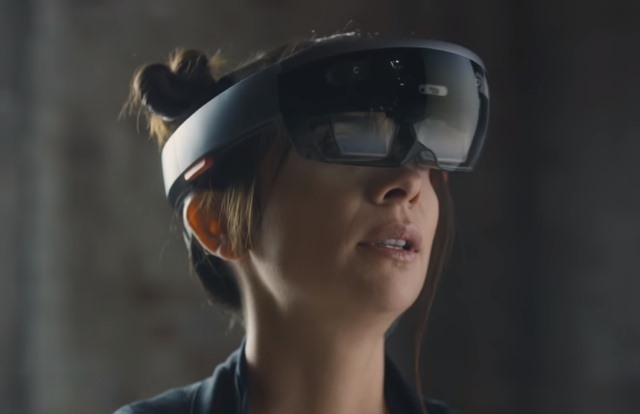
Microsoft admits sales of 'expensive' HoloLens are 'not huge' but more versions are planned
Microsoft is not giving away too much about the sales figures for HoloLens but goes as far as saying it is "in thousands, not hundreds of thousands". With the augmented reality headset costing $3000, this is perhaps not surprising, and the company is quite happy to take the seemingly low sales figures in its stride.
Speaking at educational technology event the Bett Show in London on Thursday, Roger Walkden, Senior Director and Commercial Lead of HoloLens, acknowledged that the price tag was partly responsible for the small number of sales. Interestingly, though, Microsoft is not bothered by what could be seen as disappointing sales, despite the fact that the company seems to be betting big on HoloLens by adding headset settings in recent Windows 10 Insider builds.

Microsoft HoloLens coming to Australia, France, Germany, Ireland, New Zealand, and UK
While virtual reality can transport a user into a different "world", augmented reality enhances the actual world. In other words, AR arguably has more potential than VR. Quite frankly, actual reality is pretty great already -- do we really need to be transported to a different virtual reality? Our time on the Earth is short -- who has time for make-believe? AR could one day improve our everyday lives.
One of the more intriguing augmented reality solutions comes from Microsoft. Its HoloLens device has sparked the imaginations of many, getting developers -- including NASA -- excited. Unfortunately, the device has not been available to all regions -- it was limited to the USA and Canada. Today this changes, as Microsoft announces that it will be delivering HoloLens to more countries, such as Australia, France, Germany, Ireland, New Zealand, and UK.

Microsoft reveals the secrets of HoloLens' specs, including a 24-core processor
At the Hot Chips conference this week, Microsoft has shed some light on the hitherto secretive specifications of its augmented reality HoloLens. Now that anyone with $3,000 spare is able to buy a headset, there's never been more interest in what's actually inside the case powering the AR goodness.
The holographic processing unit (HPU) at the heart of HoloLens is a seriously multi-cored beast. The Register reports that it is a "TSMC-fabricated 28nm coprocessor that has 24 Tensilica DSP cores". Of course, there's much more to the device than just this chip.
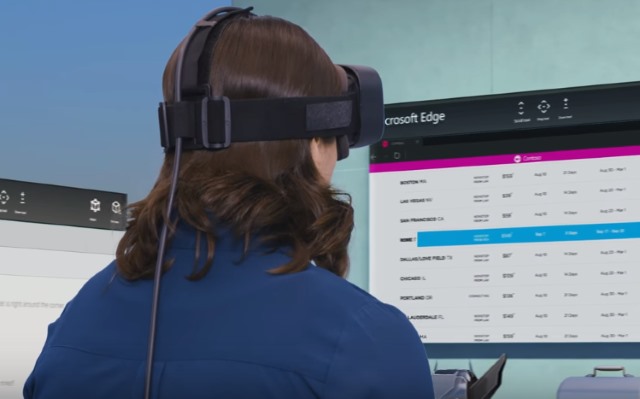
Microsoft is bringing Windows Holographic to all Windows 10 users
Believe the hype and you're probably under the impression that virtual reality, augmented reality, or some hybrid of the two is where the future of computing lies.
Microsoft certainly thinks that AR/VR has an important role to play and today the company announced that an update to Windows 10 next year will bring Windows Holographic to everyone. The company is working with Intel to come up with the specification for mixed reality ready PCs and head mounted displays.

If you want to buy your own HoloLens augmented reality headset... you can!
When Microsoft announced its entry into the world of augmented reality with HoloLens, there was a great deal of enthusiasm from the technology community. But while HoloLens is undeniably exciting, there was a problem -- it was only available to a very select few.
Now that changes. Anyone who has $3,000 to spare, and who lives in the US or Canada, can get their hands on a headset right now. It's the Microsoft HoloLens Developer Edition that's up for grabs, but you don’t (really) have to be a developer to buy one.

Japan Airlines using Microsoft HoloLens to train pilots
Airplanes are one of the most important inventions. Why do I say this? Well, without them, the world would be a lot larger -- figuratively speaking, that is. You see, if we were limited to things like boats, buses, and and trains, it would take much longer to travel. What are relatively short trips by plane nowadays would be incredibly lengthy and tedious. Thanks to airplanes, you can travel from USA to say, Europe, in less than a day -- a miracle!
Of course, technology and air travel are forever linked, and today we learn that Japan Airlines is leveraging augmented reality to assist in the training of its pilots. This isn't just any AR, however, but Microsoft's exciting HoloLens solution.

The best, and cheapest, HoloLens VR headsets will not be made by Microsoft
Microsoft is opening its HoloLens to a range of partners, the company announced at Computex today. This means that future VR headsets based on the HoloLens platform will come from a variety of manufacturers, and will be available in different forms, taking full advantage of Windows 10 Anniversary Update.
With a price tag of $3,000, the existing official HoloLens headset is out of the reach of many people, but in opening up the platform to partners, Microsoft says that cheaper price points should also be available. The company is also doing something interesting. One of the criticisms levelled at HoloLens is its limited field of vision. Partners will be able to build devices with wider fields of vision meaning that the official HoloLens will almost certainly not be the best.
